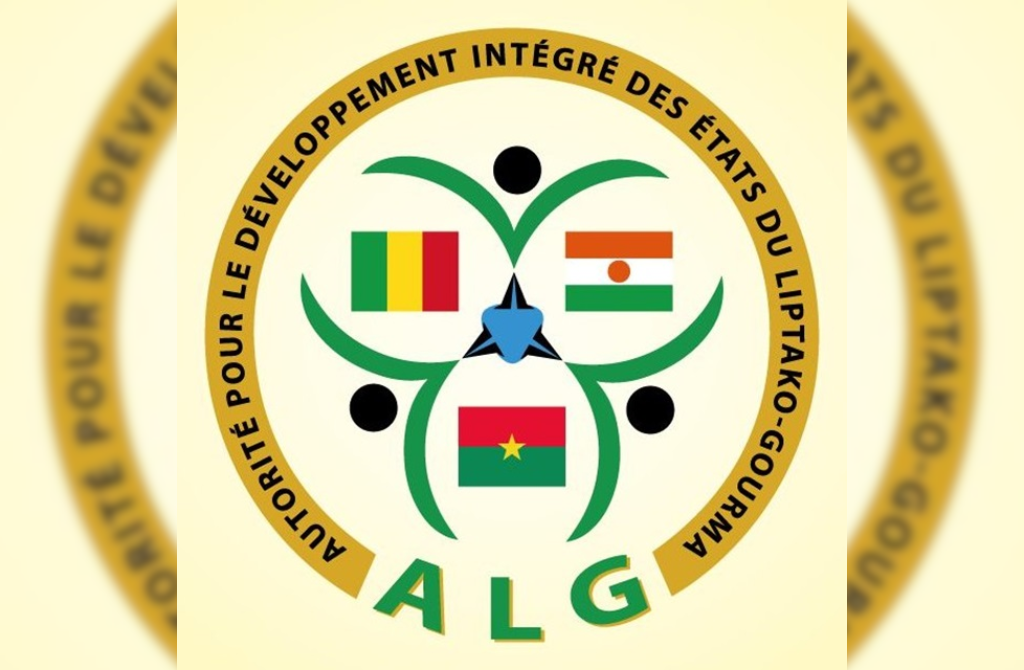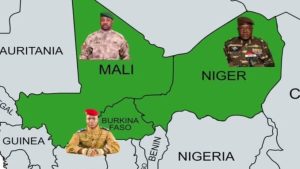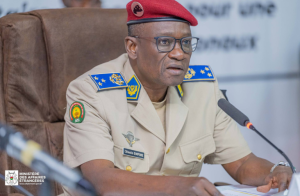Burkina Faso/AES: The changing ALG: a new era for sovereign development in the Sahel

Confronting multidimensional challenges including persistent insecurity, economic fragility, and demographic pressure the member states of the AES Confederation (Burkina Faso, Mali, Niger) are intensifying efforts to build a regional development architecture suited to their realities. A key step in this strategy is the ongoing transformation of the Liptako-Gourma Authority (ALG) into a technical executive agency.
This move aims to equip the Sahel with an institutional tool capable of effectively coordinating and implementing essential structural projects crucial for population well-being and the long-term stabilization of the region.
Read also Cooperation/ Russia- AES: direct flights are planned between Moscow and AES countries
The ALG’s transformation is part of a broader refoundation movement led by the Sahel states, championed by Burkina Faso, which seeks to provide endogenous responses to underdevelopment and insecurity.
The goal is to move away from dependence on external frameworks and instead create effective, coordinated instruments driven by a Pan-African vision of inclusive growth.
Through this change, the Sahel nations intend to fashion the ALG into a multisectoral implementation agency equipped with technical expertise, rapid intervention capabilities, and governance mechanisms adapted to local realities.
Its work spanning socio-economic infrastructure, resilience programs, and natural resource development is designed to have a direct impact on populations through job creation, improved access to services, development of cross-border areas, and enhanced food security.
Through this reformed ALG, the AES confederation is becoming a powerful arm of its sovereignty strategy.
This shift represents a deliberate break with classical models in favor of a new form of governance centered on autonomy, dignity, and collective resilience.
Olivier TOE






